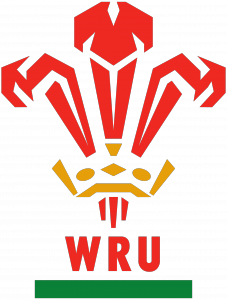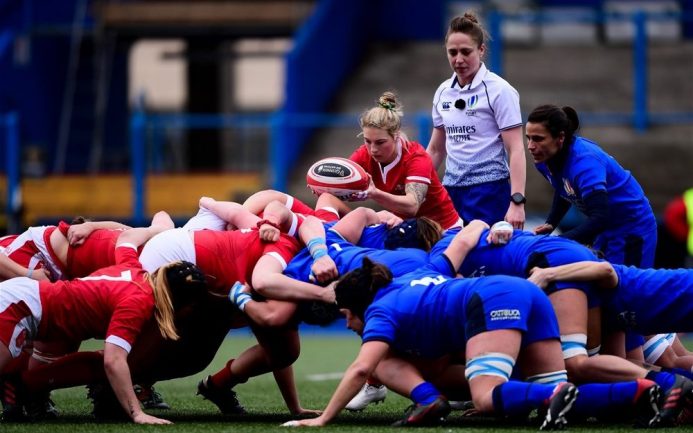Everyone was grateful to the Six Nations Committee in dreaming up a new concentrated version to fit into a shrinking calendar.
Every four years it pales into insignificance as the World Cup creeps closer. This year national squads are trying desperately to make up for lost time, one major factor that threatens the standards the RWC may achieve. Only two teams, the Black Ferns and the Red Roses, have been able to enjoy anything like a proper build-up, and they are the most likely finalists. That is unfortunate in the extreme.
But this year the 6N offers a real chance to get systems working again under pressure. For many players it will be a first chance to play high intensity rugby for a year or more.
We are offered a tournament in miniature which reduces the need to travel to a maximum of two trips abroad. The two pools of three still ensure we will finish with a table 1-6 as always in the past.
One extreme record remains to be broken: since the introduction of bonus points in 2016 no country has achieved a clean sweep which entails three away games. In 2019 England were the first to gain 30 points (5 x 5,+ a 5-point bonus), but the odd-numbered years see them at home three times. Last season they managed a rare win in France, but by a meagre margin of 6 points. No-one can achieve it this time round.
 Wales
Wales
Warren Abrahams has announced his first training squad, 48 strong:
Abbie Fleming, Alecs Donovan, Alisha Butchers, Beth Huntley, Beth Lewis, Bethan Dainton, Bryonie King, Caitlin Lewis, Cara Hope, Caryl Thomas, Carys Phillips, Cerys Hale, Courtney Keight, Donna Rose, Elinor Snowsill, Ffion Lewis, Flo Williams, Gemma Rowland, Georgia Evans, Gwen Crabb, Gwenllian Jenkins*, Hannah Jones, Jade Knight, Jasmine Joyce, Jess Roberts, Kayleigh Powell, Keira Bevan, Kelsey Jones, Kerin Lake, Laura Bleehen*, Lauren Smyth, Lisa Neumann, Lleucu George, Madi Johns*, Manon Johnes, Meg Webb, Megan Davies*, Mel Howley (née Clay), Molly Kelly, Natalia John, Niamh Terry, Paige Randall, Robyn Lock, Robyn Wilkins, Shona Powell-Hughes, Sisilia Tuipulotu8, Siwan Lillicrap and Teleri Wyn Davies.
*uncapped
He has reappointed Siwan Lillicrap as captain and reintroduced Carys Phillips, Lillicrap’s predecessor, after an absence of two years. Both choices can be warmly welcomed. He recognises the advantages offered to Welsh players in the Allianz Premier 15s; none of the others have been able to enjoy a regular ration of rugby, so the training sessions have to be intense. They play France away, then Ireland at home.
Bristol have just announced the signing of Gemma Rowland, the experienced centre, from Wasps. This is a rare transfer in mid-season.
Balancing up
As all the various rugby unions fight their way through the pandemic, you have to wonder whether there couldn’t be more discussion over the best route forward – a uniform approach for a post-Covid age.
Here I’m thinking primarily of the development stages below elite international level. With all of the six nations agreeing to provide both an U18 and an U20 squad, each team would have an extended chance to test itself at the highest level and provide for a stronger elite squad.
The Irish RFU has recently stated its preference for supporting the U18 level. They point to the emergence of outstanding talent in all four provinces, led by the examples of Beibhinn Parsons and Dorothy Wall in the senior squad.
Within Europe the England U20 squad has had to satisfy its ambitions with games against the British Army and France. Since 2018 the SRU has been running two ‘Futures’ programmes at Under 18 (32 players) and Under 20 (19 players) levels. The senior group ‘gives players the opportunity to test their skills, game understanding and behaviours in a competitive environment’. But the possibility of international matches is not mentioned. Surely that must be the next step.
Now that unions are looking more actively at developing women’s rugby, these junior elements should become a central plank in their structures. They in turn would help to even up the standards of the Six Nations.









